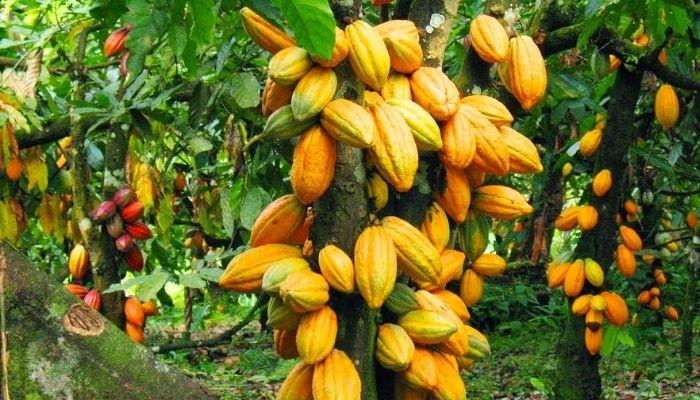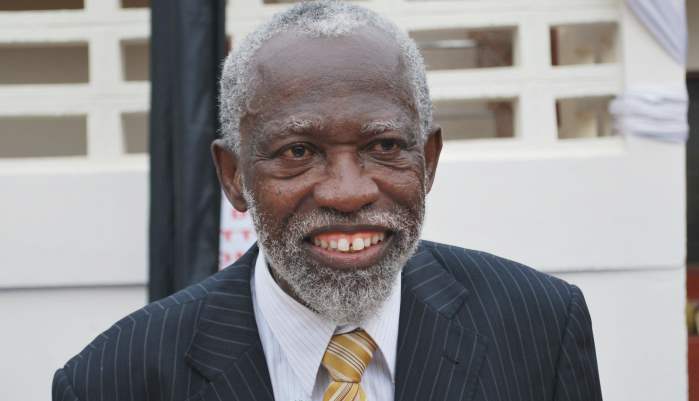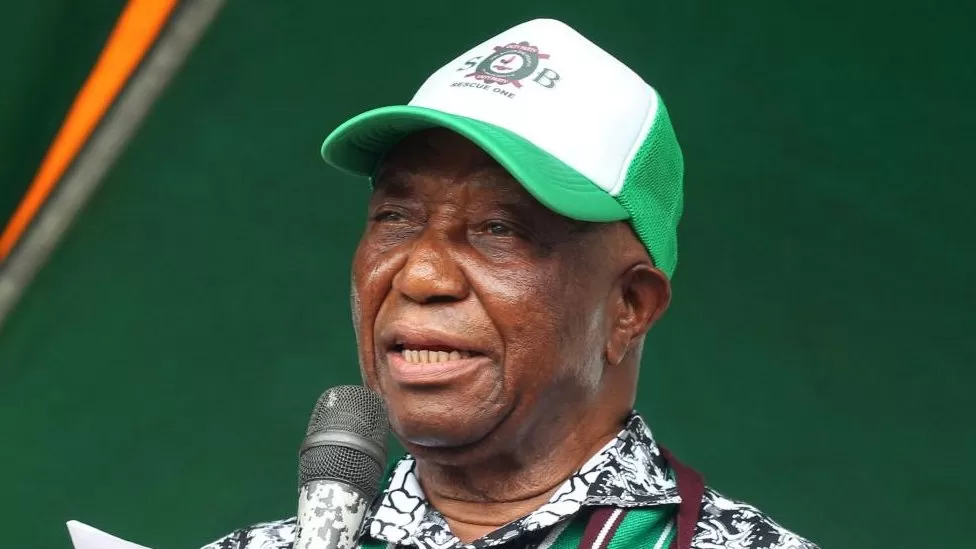Through the collaborative efforts of stakeholders and the US government, as well as the resuscitation of commodity boards by Africa’s biggest economy, Nigeria is set to overtake Ivory Coast and Ghana in developing a sustainable cocoa supply chain, the country’s cocoa farmers association has said.
In light of this, the US Traceability and Resilience in Agriculture and Cocoa Ecosystems of Nigeria (TRACE) project implemented by Lutheran World Relief has approved of a $22 million five year development program.
The five year program covers; traceability, climate smart practices, inputs support to smallholder farmers, capacity building along the value chain and exports in collaboration with the Nigerian cocoa stakeholders.
Adeola Adegoke, national president, Cocoa Farmers Association of Nigeria said if the implementation of the TRACE project will help the country overtake the likes of Ivory Coast and Ghana on growing cocoa sustainably.
He called on the European Union to begin seeing Nigeria as a cocoa origin country taking the bull by the horn to address the challenges of cocoa sustainability as the TRACE project kick starts with the government readiness to resuscitate the Nigeria Cocoa Board.
“The cocoa commodity board was once noted for the growth of the industry and the driver of the commodity that gave the highest foreign exchange earnings to the federal government, especially when Nigeria was adjudged the best producer of flavor cocoa beans in West Africa with good aroma,” he said.
“This policy if well implemented will bring back the lost glory of the sector, when Nigeria was regarded as the second highest producer of cocoa in the 60’s and early 70’s with about 490,000 MTS,” he added.
Leading cocoa producers Côte d’Ivoire and Ghana have been reported to be making significant progress in ending deforestation as they prepare for the potential introduction of strict new EU sustainability laws. The EU has proposed to completely ban unsustainable cocoa beans from entering the international markets, come 2025. The two countries, Ivory Coast and Ghana, released reports in 2022, claiming they had reached new traceability milestones.
Côte d’Ivoire said it had mapped 3.2m hectares of cocoa farms while Ghana said it had mapped 72 percent of its total cocoa growing area via its national Cocoa Management System, both covering 515,762 farmers and 845,635 farms at the time.
Nigeria is presently fourth in cocoa production behind Ivory Coast, Ghana and Indonesia with about 2.2 million MTS, 800,000 MTS and 739,483 MTS respectively, while Nigeria with 340,000 MTS and currently targeting 500,000 MTS by the year 2024.
“It accounts for 6.5 percent share of global production, after Ivory Coast, Ghana and Indonesia. Nigeria currently realises $700 million annually from the exports of cocoa beans and cannot afford to lose guard considering her huge investments in the cocoa industry that valued close to 500 billion naira,” Adegoke said.
Stakeholders have already begun taking numerous actions that are presently addressing some of the challenges militating against the sustainability of the sector like child labour menace, deforestation, traceability, application of unapproved or banned pesticide in cocoa farms, among others.





